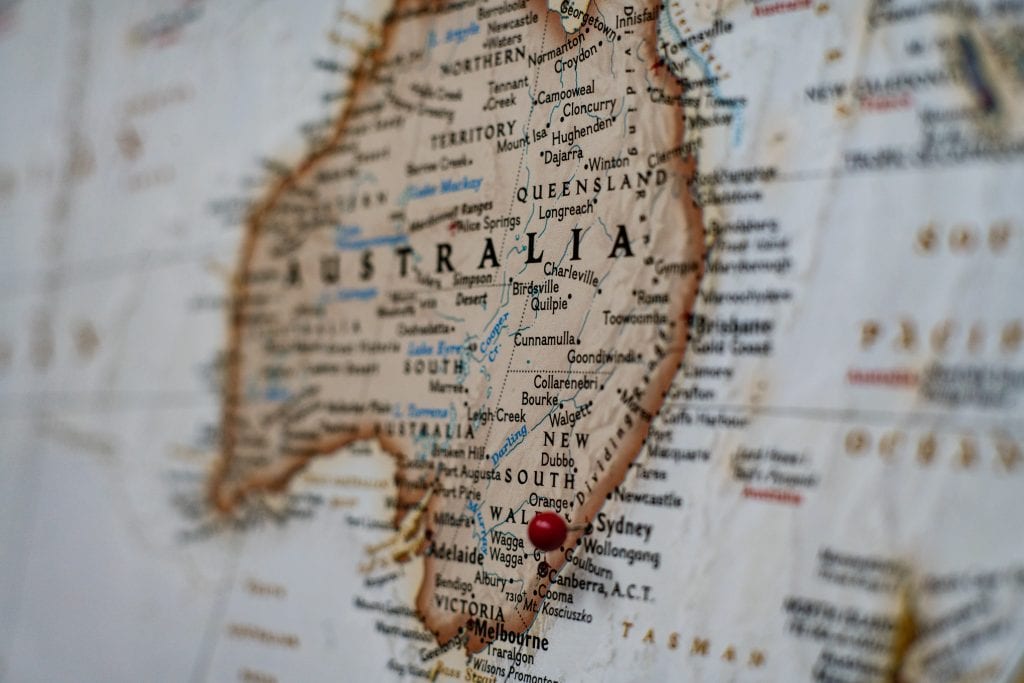There is no question that Australia a leader in BNPL, with a field of 12 creative fintechs focused on small lending options. Many players operate outside the Aussie market, with footholds in Europe and the United States.
BNPL affected the Australian payments market in several ways, including a product redesign for credit cards. As we noted in September, National Australia Bank came up with an option to shift their credit card offering to a BNPL-like model, which does not assess interest, but instead charges a minimum monthly fee.
But the card business in Australia lags the pre-COVID and pre-BNPL vigor. As BankingDay reports:
- Westpac has had the most significant decline, with its credit card balance down 28.8 percent over two years.
- ANZ’s credit card book is down 24.6 percent
- CBA’s is down 22 percent
- NAB’s 27.9 percent.
Bankers, brace yourself. Here comes PayPal. We reported on PayPal’s new Buy Now Pay Later (BNPL) entry into Australia in March. It is a big deal because PayPal is well established in the Australian market, with its version of BNPL. PayPal’s Pay-In-Four model is sleek and can face off with every BNPL in the market. I’ve tried PayPal’s Pay-In-Four offering, and you can read about it in this Mercator Viewpoint. Like every other PayPal option I use in my 20+ year relationship, it works quickly, flawlessly, and without friction.
Now the kicker: in addition to its Pay-in-Four model, PayPal is launching a credit card in Australia, as the Australian Financial Review reports.
- PayPal is hedging its bets on the buy now, pay later sector, extending its debt-based online offering into old-school, plastic credit cards to allow customers to splurge in physical stores.
- PayPal’s diversification in Australia points to Afterpay’s growing isolation as a pure-play provider of “pay in four” installments. In addition, PayPal, along with Zip, Humm, and Klarna, offer both interest-free, short-term repayment plans and longer-term, interest-bearing, or revolving-fee credit products.
Paypal’s issuing partner is Citi, which is an exciting spin.
- Citi will issue the new PayPal credit card under a white-label arrangement. That comes as Citi, the fifth-largest provider of credit cards after the four pillar banks with an 11 per cent market share, is selling its credit card book in Australia as it withdraws from consumer banking in multiple countries.
Citi already announced its plan to exit the consumer business in Australia, as this company report indicates. In a release, not even 60 days old, Citi says: “In Australia, the sale of the consumer business will enable Citi to focus its investment and resources to its institutional business, which includes investment banking, capital markets and advisory, markets and securities services, commercial banking and treasury and trade solutions.” So, as Citi exits their credit card business, where they rank fifth in Australia, behind the four pillar banks, Citi now enters the Co-brand market with a top global payments company.
Hmm. Bankers at ANZ, CBA, NAB, and Westpac are likely scratching their heads on this one. BNPL stole marketshare. Pressure dropped when Citi announced its exit, now PayPal will compete head-on in the cards business, and Citi, a top global player, isn’t leaving; it is coming back with a strong ally.
The loser here will likely be the AU BNPL lender space. However, bankers will still fight for share, and the consumer will enjoy a new payment option. Plastics are hot again.
Overview provided by Brian Riley, Director, Credit Advisory Service at Mercator Advisory Group
